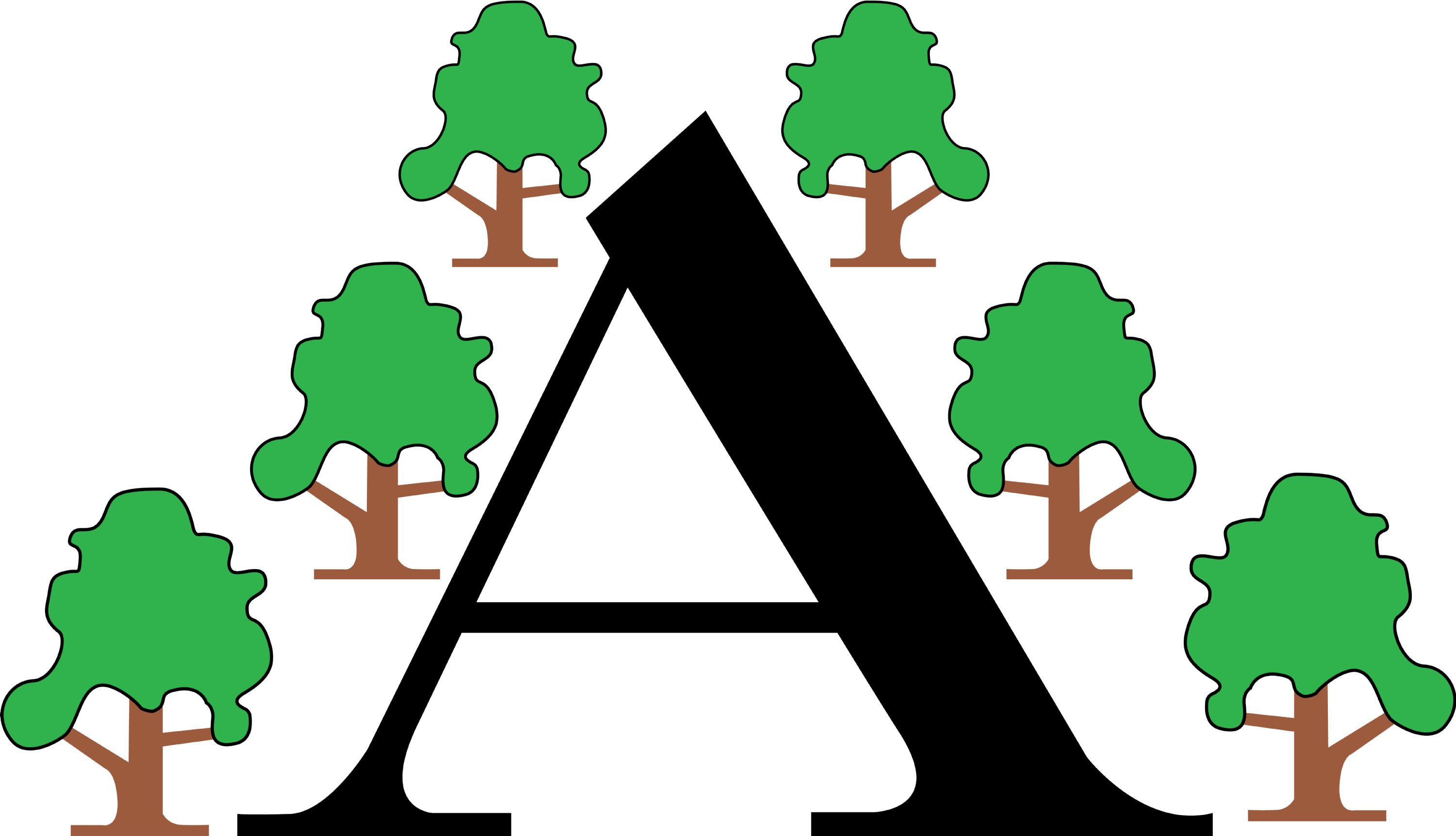Geography
Curriculum Intent: Geography

Possibilities - To have high aspirations and know all of the opportunities available to them.
Growth - To recognise and celebrate their own individual journey, understanding their own uniqueness and strengths and those of others.
Communication - To have high levels of oracy; having a rich and wide vocabulary to be able to explain their own ideas and thinking and be able to collaborate and respond to others.
Whole school curriculum vision for Geography |
|
|
Possibilities To have high aspirations |
Our children will have the world opened up to them through learning about different places, some known to them and some unfamiliar. They will be encouraged to be curious and use a range of resources to form their own answers to the questions they have. We want our children to feel inspired and fascinated about the world around them |
|
Growth To recognise and celebrate their own individual journey
|
We begin by looking at places significant to our children, specifically in our local area. We want them to share their own valuable knowledge before learning about places beyond their own experience, gradually expanding their understanding about the world around them. They will learn about how their actions may impact the world, specifically on the environment. |
|
Communication To have high levels of oracy |
Our children will be exposed to subject specific vocabulary throughout their time at The Avenue. They will learn and use it in context to develop a deep understanding. Our children will be encouraged to investigate a range of resources, discussing what they can see and explaining how it links to their existing knowledge and prior learning. |
Implementation:
Our pupils should be able to organise their knowledge, skills and understanding into the following threshold concepts:
- Locality
- Human and Physical Processes
- Investigate and interpret geographical information
- Geographical communication
These key concepts underpin the children’s learning through the year groups from Reception to Year 2. This enables pupils to reinforce and build upon prior learning, make connections and develop subject specific language.
The vertical accumulation of knowledge and skills from Years R to 2 is mapped as follows:
Progression in Threshold ConceptsThe procedural and semantic knowledge pupils need to understand the threshold concepts |
|||
Threshold Concepts |
Reception Step - Foundations to Basic |
Year 1 Step - Basic |
Year 2 Step - Advancing to Deep |
|
G1 - Locality |
Understand significant places |
Understand significant places, defining their physical and human characteristics |
|
|
G2 - Human and Physical Processes |
Similarities and differences in places |
Know how the environment is influenced by physical processes and human activity |
|
|
G3 - Investigate and interpret geographical information |
Know places can be represented in different ways |
Use and begin to interpret a range of sources of geographical information |
Use and interpret a wider range of geographical information |
|
G4 - Geographical communication |
Know some subject specific vocabulary and use in conversation |
Communicate geographical information in a variety of ways including within experiences of fieldwork |
|
Threshold Concepts |
End Point |
| G1- Locality |
By the end of Year 2... Our children will have a good knowledge of the world around them. They will be able to talk about the UK and its place in the wider world. Through interpreting evidence, they will be able to make comparisons between different locations and talk about the processes that take place. By the end of Year 2, our children will be able to interpret different evidence and use key vocabulary to discuss this. They will be equipped with a range of knowledge about different people and places, appreciating the world’s diversity. |
| G2- Human and Physical Processes | |
| G3- Investigate and interpret geographical information | |
| G4- Geographical communication |
Aspirations For The Future
Pupils develop an understanding of how subjects and specific skills are linked to future jobs.
Here are some of the jobs you could aspire to do in the future as a Geographer:
· Marine Biologist (studying the oceans)
· Ecologist (looking at the relationship between people, plants and animals in different habitats)
· Weather presenter
· Farmer
For more careers, please visit First Careers.
Impact
Assessment
Through the explicit teaching of the Geographical skills, both the teachers and the pupils assess their learning continuously throughout the lesson. Our assessment systems enable teachers to make informed judgements about the depth of their learning and the progress they have made over time.
Pupil Voice
Geography is....
“So we know where we live and where the shops are.”
“It’s where you learn about maps and the world.”
“It’s about when you’re discovering about the world.”
“We learn about continents and about what’s special about the country
Snapshots
Here is what Geography looks like at The Avenue:


